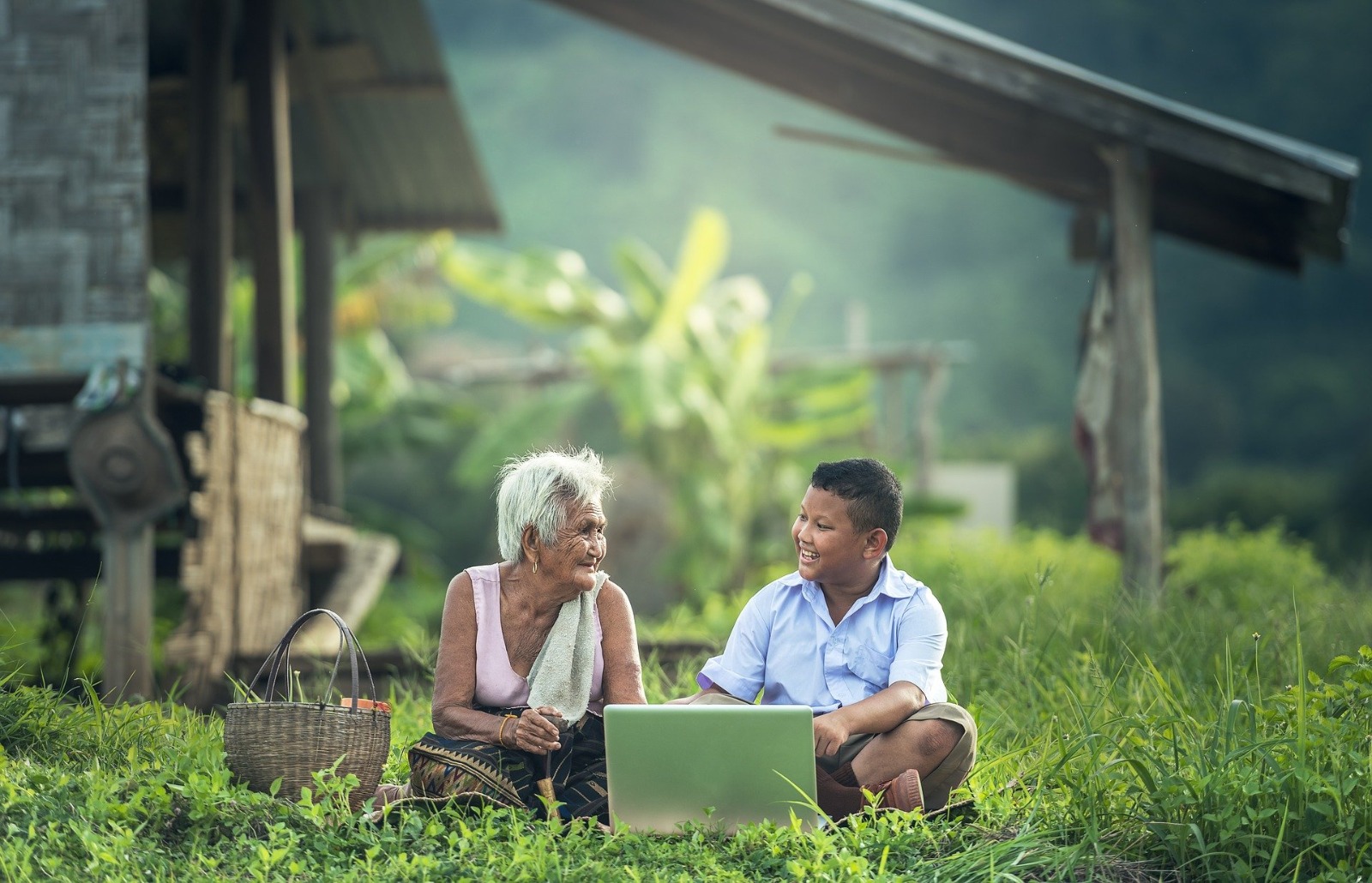The Digital Public Goods Alliance launches 5 year strategy

A note from the Digital Public Goods Alliance co-leads
As we approach 2030, it has become abundantly clear that high-quality, open-source digital solutions play a critical role in the attainment of the sustainable development goals. While the pandemic has brought significant hardship globally, we have also seen firsthand that digital public goods have enabled governments to swiftly adapt and implement innovative digital solutions that are helping them respond to immediate health and social protection needs.
This week, the Digital Public Goods Alliance (DPGA) is launching its flagship 5 year strategy that guides not only the Alliance itself, but also lays the groundwork for collaboration with governments, industry, the UN, civil society, and more. This strategy is the result of a collaborative effort from the four DPGA co-founders and numerous other individuals and organisations across the private and public sectors who provided invaluable ideas, input and feedback.
The DPGA is a globally distributed, multi-stakeholder alliance working to accelerate the attainment of the sustainable development goals in low- and middle-income countries by facilitating the discovery, development, use of, and investment in digital public goods.
Liv Marte Nordhaug from the Norwegian Agency for International Development Cooperation and Lucy Harris from UNICEF’s Office of Innovation co-lead the Digital Public Goods Alliance Secretariat, the Alliance’s central coordinating body.
Below are their reflections on how their journeys brought them to the DPGA, and how the mission and vision of the Alliance can truly make an impact.
Lucy Harris, DPGA Co-Lead, UNICEF’s Office of Innovation
In 2014 I joined the Mozilla Foundation to help run a global web-literacy party. The idea behind it was simple: create a community campaign to provide one powerful insight – that anyone can be a maker, instead of just a consumer, of the web.
All over the world digitisation is shaping people’s lives and this influx of internet-powered software, standards, content and systems is bringing with it an unprecedented opportunity for people to see, understand, and change the products that are shaping them.
But the opportunity created by this new connectivity is at risk of slipping away as proprietary systems ramp up to lock down technical developments, monopolise datasets, and restrict access to content.
The way a product is designed and licensed might seem trivial, but it isn’t. We are on the precipice of change. This next wave of digitisation could either create opportunities for millions to become the builders, maintainers, and creators of their digital environments or even more deeply divide the world into those who create and those who consume. Digital solutions must retain the ethos of the internet that powers them. The core technologies, content, data, AI models and standards with the potential to shape society need to remain free, open and accessible digital public goods.
This problem and mission is far too large for any organisation alone but I believe it can be achieved through a global, distributed alliance. We aren’t there yet, but I hope in reading the 5 year strategy you’ll see a vision for the Digital Public Goods Alliance as a supportive convener for a collaborative community, amplifying, concentrating and accelerating the work of thousands united by the belief that we can do better than powerful solutions, we can have solutions that are empowering.
Liv Marte Nordhaug, DPGA Co-Lead, Norwegian Agency for International Development Cooperation (Norad)
In the early 2000s I lived in Timor-Leste doing fieldwork for my political science thesis. This experience subsequently led me to work on human resources development and governance in the Timorese public petroleum sector. For hundreds of years the tiny island nation had effectively been run by other countries. With the massive influx of international experts and advisers that accompanied the nascent nation building process, inexperienced government officials were bombarded with sometimes conflicting suggestions and proposals for how to build institutions and make long-term strategic decisions. The same is true for many countries undergoing digital transformations today.
In the 15+ years that have passed since I was in Timor-Leste, digitalisation has brought massive changes to all aspects of human life, mine included. In 2013 I had the opportunity to work on digital innovation in Norad, and have since learned firsthand the potential for open source to enable local relevance and scale in digital development initiatives.
Over the last couple of years I have had the great fortune to work on initiating the Digital Public Goods Alliance together with like-minded stakeholders based in all parts of the world. The COVID-19 pandemic has brought home both how far the global digital transformation has come, and how unequally distributed it is between and within countries. I am convinced that digital public goods can be a key equalizer by providing choice and enabling real country ownership, agency and trust. Please read the DPGA Strategy to learn more about how we can join forces to usher in this paradigm shift.